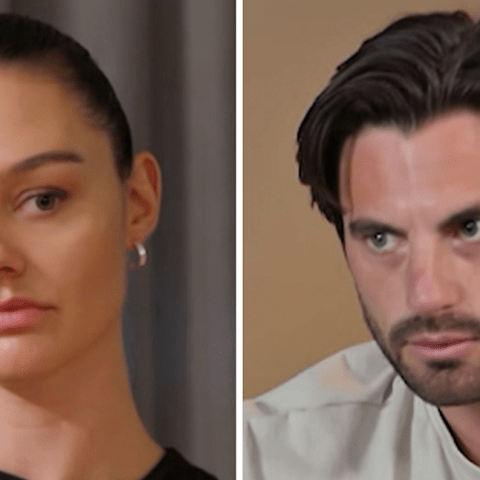Rapper Fat Joe, whose real name is Joseph Antonio Cartagena, is facing serious allegations in a recent $20 million federal lawsuit. The complaint, filed by his former hype man, Terrance “T.A” Dixon, claims Fat Joe coerced him into sexual acts over many years and did not compensate him fairly for his work.
Dixon accuses Fat Joe of manipulation, intimidation, and threatening behavior while controlling his career from about 2005 to 2022. He alleges that, despite contributing to popular songs like “Congratulations” and “Ice Cream,” he never received proper credit or payment. According to Dixon, he played multiple roles—hype man, lyricist, and even bodyguard—but was underpaid and denied royalties.
The lawsuit is shocking not only for its accusations of financial wrongdoing but also for detailing allegations of sexual abuse. Dixon claims that Fat Joe frequently arranged encounters with women, forcing him to participate in sexual acts, sometimes in front of the rapper’s inner circle. Dixon states he was coerced into these acts, fearing retaliation if he refused.
In the lawsuit, Dixon estimates he was forced into over 4,000 sexual acts just to stay relevant within the group. He has also alleged to have witnessed minors being involved in sexual situations with Fat Joe, which raises serious ethical and legal concerns.
Fat Joe’s attorney, Joseph Tacopina, has dismissed the allegations as “fabrications” aimed at damaging the rapper’s reputation and diverting attention from a prior lawsuit Fat Joe filed against Dixon. This earlier case alleges extortion and defamation.
In the music industry, such accusations can be damaging. A 2021 survey indicated that 52% of artists are concerned about the potential fallout from accusations—whether true or false. The impact on careers can be profound, leading to loss of fans and partnerships, not to mention the emotional toll on those involved.
Dixon also states he is dealing with significant emotional issues, like anxiety and symptoms of PTSD, and is undergoing therapy as a result of these experiences. This adds another layer to the case, as mental health is becoming a more recognized concern in the high-stress world of entertainment.
The lawsuit has caused discussions on social media about power dynamics in the music industry, with many users sharing their thoughts on accountability and support for those who feel marginalized. This case could spark wider conversations about treatment within creative fields, especially concerning contract fairness and personal boundaries.
As this case develops, it highlights the complexities and darker sides of fame and power. The legal proceedings will likely reveal more about the industry, its treatment of artists, and the importance of standing up against abuse.
Source link





















